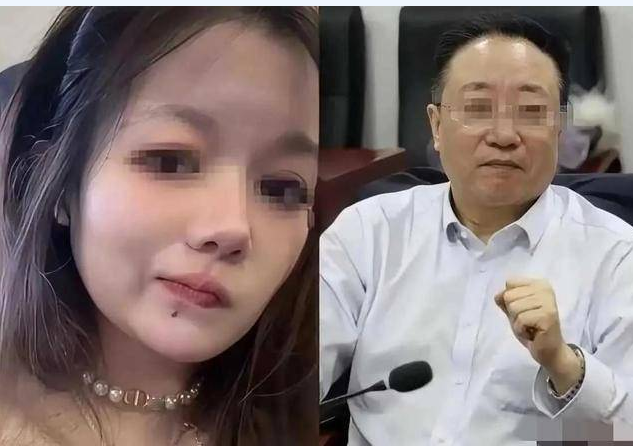The scandal involving Dr. Xiao Fei, a surgeon at China-Japan Friendship Hospital, has expanded beyond personal misconduct to raise serious questions about the integrity of China’s medical education system, particularly the “4+4” program at Peking Union Medical College (PUMC).
Surgeon Scandal Continues to Unfold
Dr. Xiao Fei, who was accused of having affairs with multiple women, including a resident doctor named Dong Mouying, has been expelled from the Communist Party and terminated from his position at the hospital. However, the focus has now shifted to the academic background and career path of Dong Mouying, who is also implicated in the scandal.
PUMC’s “4+4” Program Under Fire
Dong Mouying’s academic journey has become a central point of controversy. She graduated from Barnard College, an affiliate of Columbia University, with a degree in economics before entering PUMC’s “4+4” program. This program allows students with non-medical undergraduate degrees to pursue a medical doctorate, but it has been criticized for potentially favoring privileged individuals and lacking transparency.
Public Concerns Over Fairness and Quality
The rapid progression of Dong Mouying’s career, along with her academic achievements, has led to public skepticism. Critics argue that the “4+4” program may be too lenient and could provide a shortcut for those with connections to enter the medical profession without sufficient preparation. Questions have also been raised about the quality of education and training provided by the program, with some suggesting that the shortened clinical training period may compromise students’ medical skills.
Calls for Transparency and Reform
The public is demanding greater transparency in the admission process and stricter oversight of academic achievements within the “4+4” program. There are calls for PUMC to clarify the selection criteria and ensure that the program remains fair and competitive for all applicants. The scandal has highlighted the need for reform in medical education to maintain high standards of academic integrity and professional ethics.
As the investigation into the surgeon scandal continues, the broader implications for China’s medical education system remain a significant concern. The case has sparked a nationwide discussion on how to balance innovation in medical education with the need to uphold fairness and quality.
